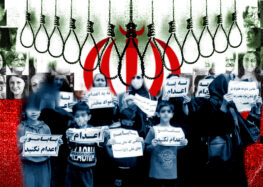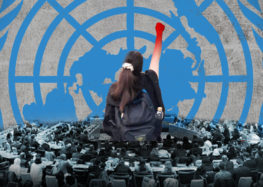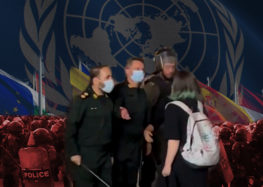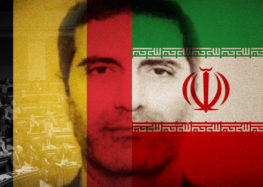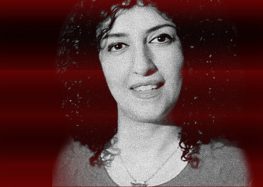International Support for Persecuted Women’s Rights Campaigners in Iran
(7 March 2008) In a strong show of international support for the Iranian women’s rights movement, over 280 leading women’s right advocates and organizations from around the world including six Nobel Peace Laureates have expressed their serious concern about the persecution and prosecution of their Iranian colleagues. They have endorsed a statement calling on the Iranian government to end repressive policies and the persecution of campaigners for equal rights.
“The Iranian women’s rights movement is facing unprecedented obstacles and threats. On the occasion of March 8, International Women’s Day, we express our solidarity with Iranian women in their quest for equal rights and an end to pervasive legal discrimination against women,” they stated.The six Nobel Peace Prize Laureates include Wangari Maathai (2004), Shirin Ebadi (2003), Jody Williams (1997), Rigoberta Menchú Tum (1992), Betty Williams (1976) and Mairead Corrigan (1976), of the Nobel Women’s Initiative, who joined hundreds of representatives of women’s rights organizations from around the world attending a meeting of the UN Commission on the Status of Women in New York and other civil society leaders in endorsing the statement.
A particular target of Iranian authorities has been activists in the One Million Signatures Campaign, which aims to revise discriminatory laws against women. The government has routinely detained and prosecuted the campaigners.
To date, the government has detained and prosecuted 43 members of the One Million Signatures Campaign, claiming they were “endangering national security.” Two campaigners, Hana Abdi and Ronak Safazadeh, have been in detention for over five months. On Sunday, March 2, intelligence agents prevented Parvin Ardalan, one of the Campaign’s founders, from attending a ceremony in Sweden to accept the prestigious Olof Palme Prize.
The statement called on the Iranian government “to remove all restrictions on peaceful assembly and expression as required by the Iranian Constitution and in accordance with Iran’s obligations under international human rights treaties.”

